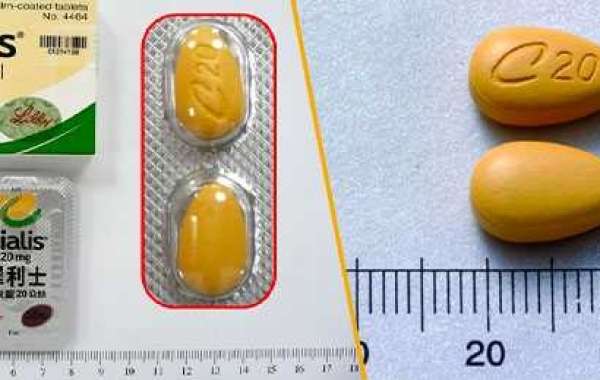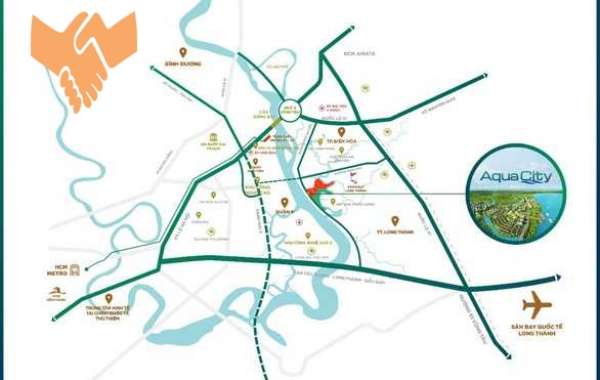Adult Addiction Program is a treatment for people who are dependent on drugs or alcohol and are struggling with co-occurring mental health problems. This type of addiction may cause serious and life-threatening symptoms such as coma, seizures, or organ failure. Adults experiencing this problem can benefit from various types of treatment programs that are designed to help them overcome their addiction and live a full life. These programs range from 12-Step meetings, to residential treatment, and outpatient treatment.
Treatment options are tailored to meet specific needs and include group and individual therapy, cognitive behavioral therapy (CBT), rational emotive behavior therapy, EMDR, and family-inclusive therapies. In addition to these evidence-based treatments, some programs also offer nutritional guidance, yoga, art therapy, and stress management techniques. Some programs are even gender-specific, with separate groups for men and women.
Detox is the safe removal of drugs or alcohol from a person’s body, typically with the use of medications. This process is important because it can prevent the development of drug cravings, and helps the patient deal with withdrawal symptoms when they stop using drugs or alcohol. Medical detox is often recommended in an inpatient setting, though some patients can complete the detoxification process while living at home. Older adults who have a severe addiction to drugs or alcohol may require medical detox, as this demographic is more likely to have underlying health issues that should be considered prior to starting the detoxification process.
Rehab or residential treatment is a type of rehabilitation that provides 24-hour supervision and intensive therapeutic services to adults with alcohol or drug abuse or dependence issues. This type of treatment is a good option for people who do not have the motivation or social support system to stay abstinent from their substance abuse on their own. Residential treatment programs vary in intensity and length of time, from long-term and self-contained therapeutic communities to less supervised halfway and quarterway houses that allow clients to transition back into the community.
Intensive outpatient treatment requires at least 9 hours of weekly attendance, and involves scheduled sessions of individual, family, or group counseling as well as educational, skills training, and recreational activities. This treatment is recommended for patients who have adequate support systems in place, transportation to the facility, and sufficient motivation to participate in these least intense forms of drug abuse rehab. Drug-free outpatient programs utilize a wide variety of counseling and therapeutic approaches to treat addiction, with some offering a limited use of medication to ameliorate withdrawal symptoms or control cravings. High rates of attrition are common with these programs, and sometimes legal or familial pressures are used to encourage participation and progress in the program. (Landry, 1996).)








